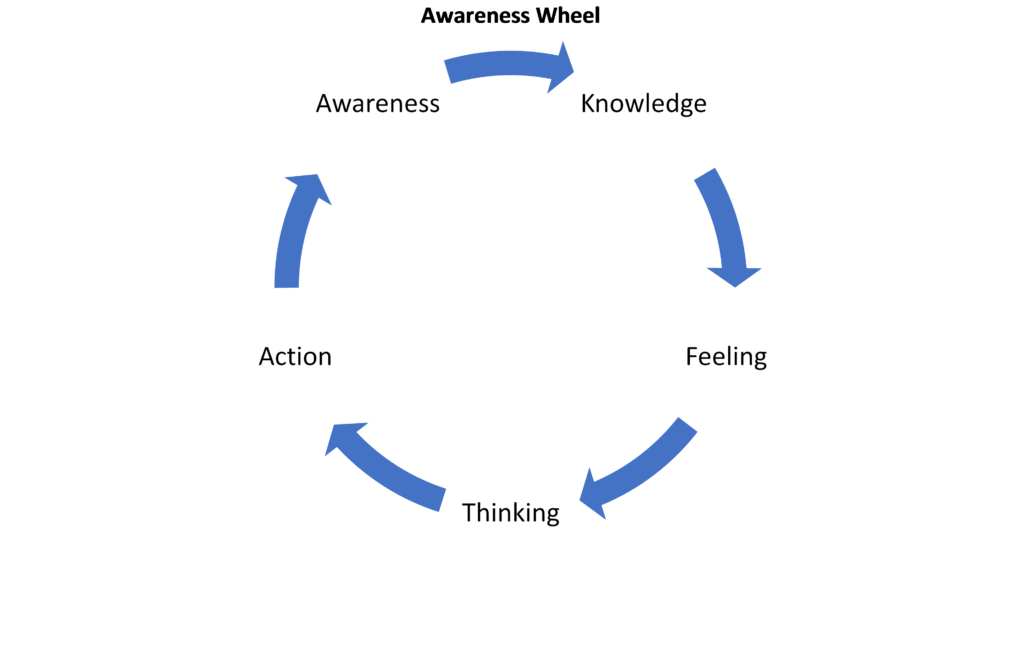
When we consider what cultural competency is, we must reflect on how it shows up in our action, words, and behaviors. These are some of the most important aspects of cultural competency and it lies in our ability to be rigorously honest with ourselves and our intentions. This also includes the process of self-reflection and self-awareness. The key is awareness and a recognition of our inaccurate perceptions that we hold of Indigenous children, families, and communities. It requires a shift in our perceptions and can result in cognitive dissonance when confronted with a reality that is the polar opposite of what we believe, think, and understand about Indigenous people, and this is a direct result of our socialization and upbringing.

The self- reflection matters because we are at a point in time where awareness amongst the mainstream culture is awakening through reports such as the “Truth and Reconciliation Report” and the “Calls to Action” (2015). We are all challenged to consider Indigenous ways of being and knowing as a truth that has for far too long been denied and ostracized. Mainstream pedagogy has been thought to be superior to other cultures, and active efforts to negate the Indigenous worldview and ways of being disrupt the lives of many Indigenous children, families, and communities.
The question we must all ask ourselves is “How do we bring cultural competency in our work roles when helping Indigenous children and families?” There are stereotypes of Indigenous People that we learned growing up from our families, and these negative assumptions can taint and create cultural biases that continue to inform erroneous our beliefs we have of Indigenous people. As noted earlier, awareness is the key to overcoming the negative beliefs we hold about Indigenous people.
Linda Lucas
